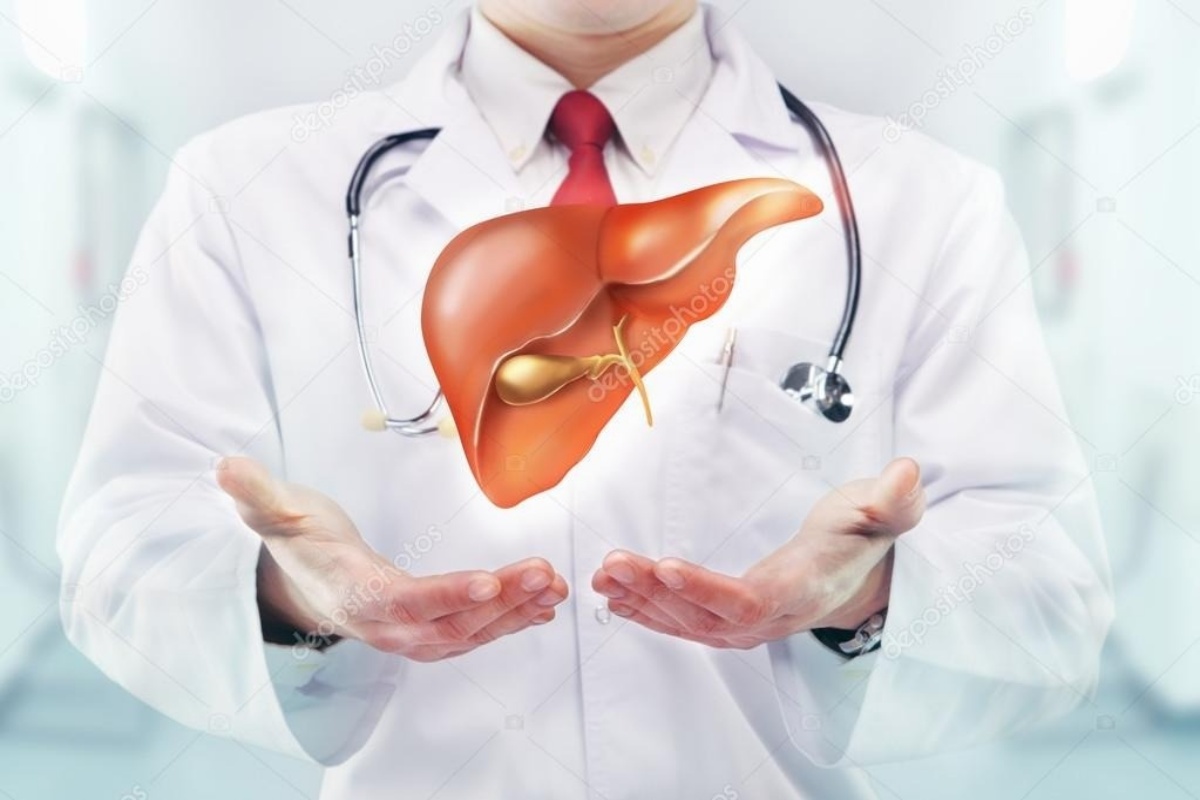Certain non-statin cholesterol-lowering medications may reduce the risk of liver cancer, according to a study on Monday.
The study, published online in the journal CANCER, suggests a potential protective effect of these medications, adding to existing evidence from past research on statins.
Advertisement
The study, led by the National Cancer Institute of the Maryland National Institute of Health, focussed on five types of non-statin cholesterol-lowering drugs: Cholesterol absorption inhibitors, bile acid sequestrants, fibrates, niacin, and omega-3 fatty acids.
These drugs are commonly prescribed to manage cholesterol and lipid levels, each operating through different mechanisms.
Researchers included 3,719 liver cancer cases and 14,876 matched controls without cancer.
The study also accounted for variables like type 2 diabetes and chronic liver disease status.
The results revealed that the use of cholesterol absorption inhibitors was linked to a 31 per cent reduction in liver cancer risk across the board.
Furthermore, these inhibitors showed similar protective effects when analyses were stratified by diabetes and liver disease status.
In line with previous findings, the study confirmed that statins were associated with a 35 per cent lower risk of liver cancer.
However, no significant associations were found between liver cancer risk and the use of fibrates, omega-3 fatty acids, or niacin.
Interestingly, bile acid sequestrant use was associated with an increased risk of liver cancer in the overall analysis, although the data were inconsistent when broken down by diabetes and liver disease status.
The researchers emphasised the need for further studies to replicate these observations and clarify the potential risks associated with bile acid sequestrants.
The study adds a new dimension to the understanding of cholesterol management and its implications for liver cancer prevention, highlighting the need for continued research in this area.
As few studies have examined the effects of non-statin cholesterol-lowering drugs on liver cancer risk, the results of our study require replication in other populations.
“If our findings are confirmed in other studies, however, our results may inform liver cancer prevention research,” said Dr. McGlynn, of the National Cancer Institute.











